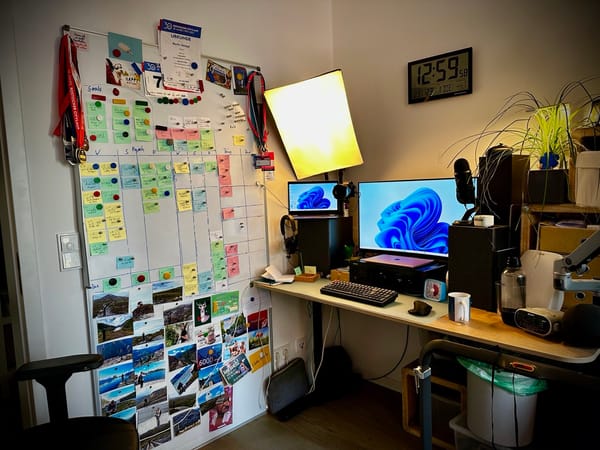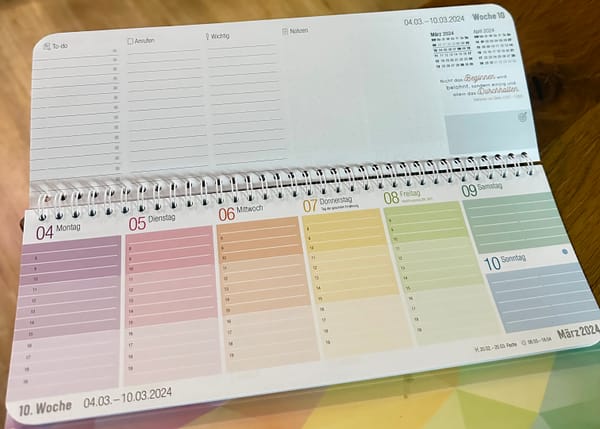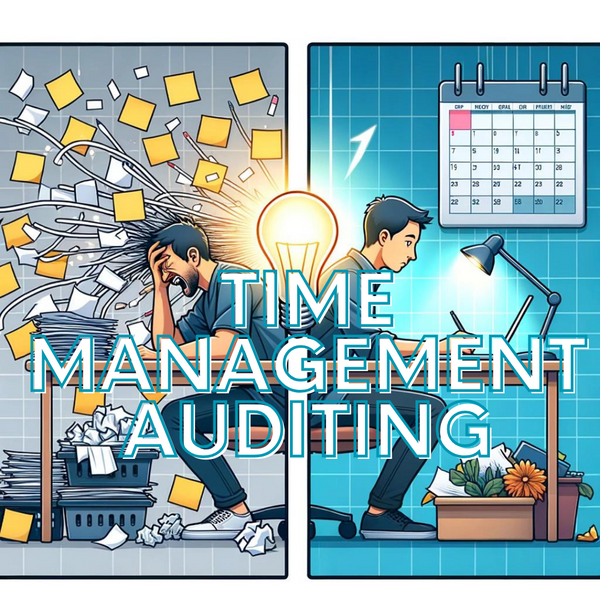The Secret to Preserving Muscle Mass while Shedding Fat: A Supplement Experiment
I encountered an issue where I neither lost weight nor gained muscle mass despite engaging in regular exercise and maintaining a calorie deficit. I stagnated on a plateau and experienced unusual emotional fluctuations. In this article, I discover that the cause was a micronutrient deficiency.
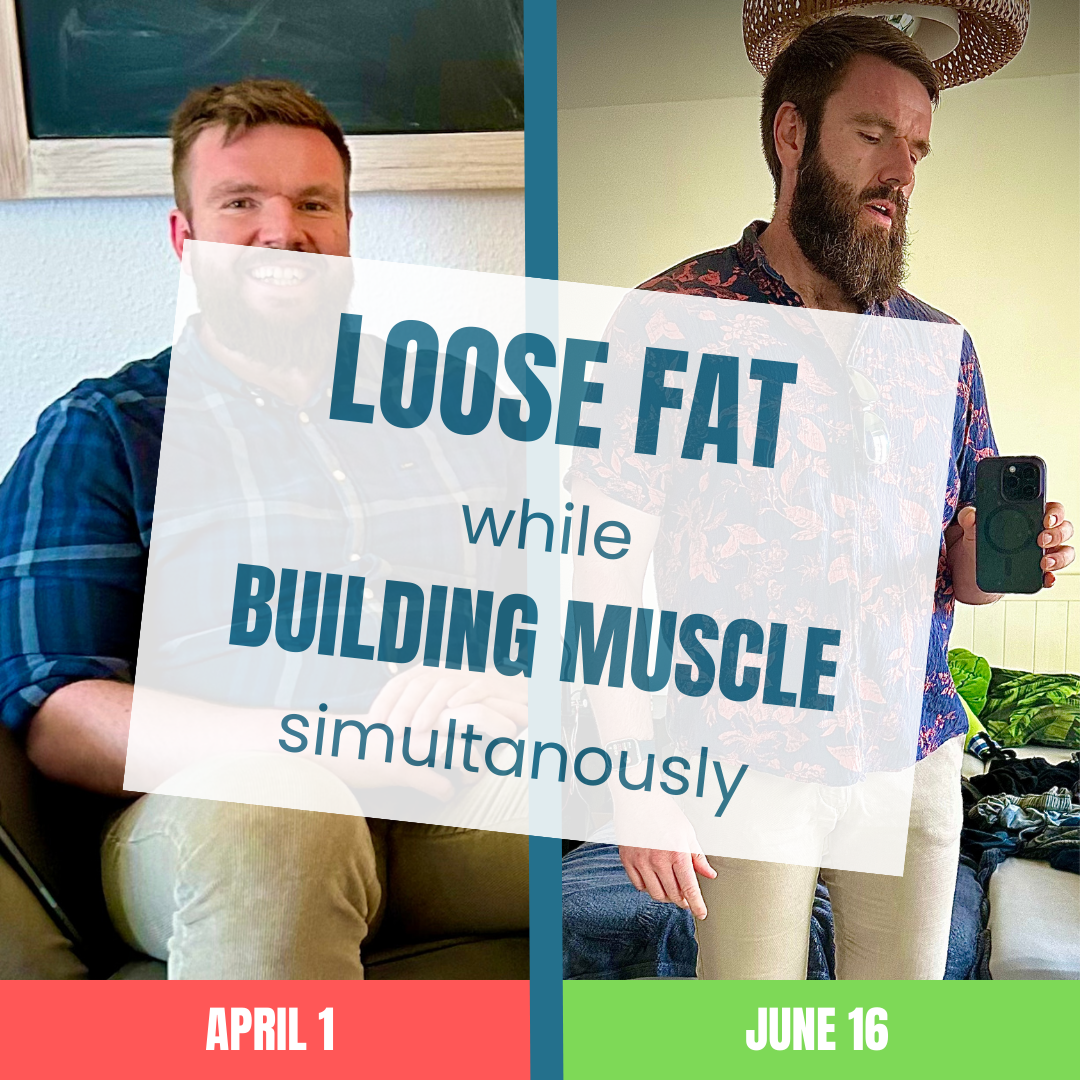
The difficulty of losing weight while working on building strength simultaneously
One of my experiments failed miserably last winter.
Last fall, I was tired of not losing weight or gaining muscle mass despite plenty of endurance and strength training. I was pursuing a body recomposition strategy in which I tried to lose fat and build muscle simultaneously. I had a lot of training and was also in a significant 500-1000 kcal deficit.
Not only did it not work (plateau), but I also recognised that this pattern brought me into a depressive hole every few weeks. These were usually weekends after particularly intense weeks of training in which I was physically, emotionally and mentally exhausted. After a few days of recovery, it was good again, and I tried again, only to land in the next hole.
I realised that my discipline was leading me in an ineffective and potentially harmful workout direction.
In the winter, I followed the standard advice and focused on gaining mass (first, gaining muscle, then losing fat). That worked well initially: I gained 10kg of lean body mass from around 84 to 94kg. I was initially happy, but in the dark season, when my daily activity calories usually fell back, I quickly gained a lot of fat again. In the first quarter of this year, I no longer found myself particularly attractive because of this.
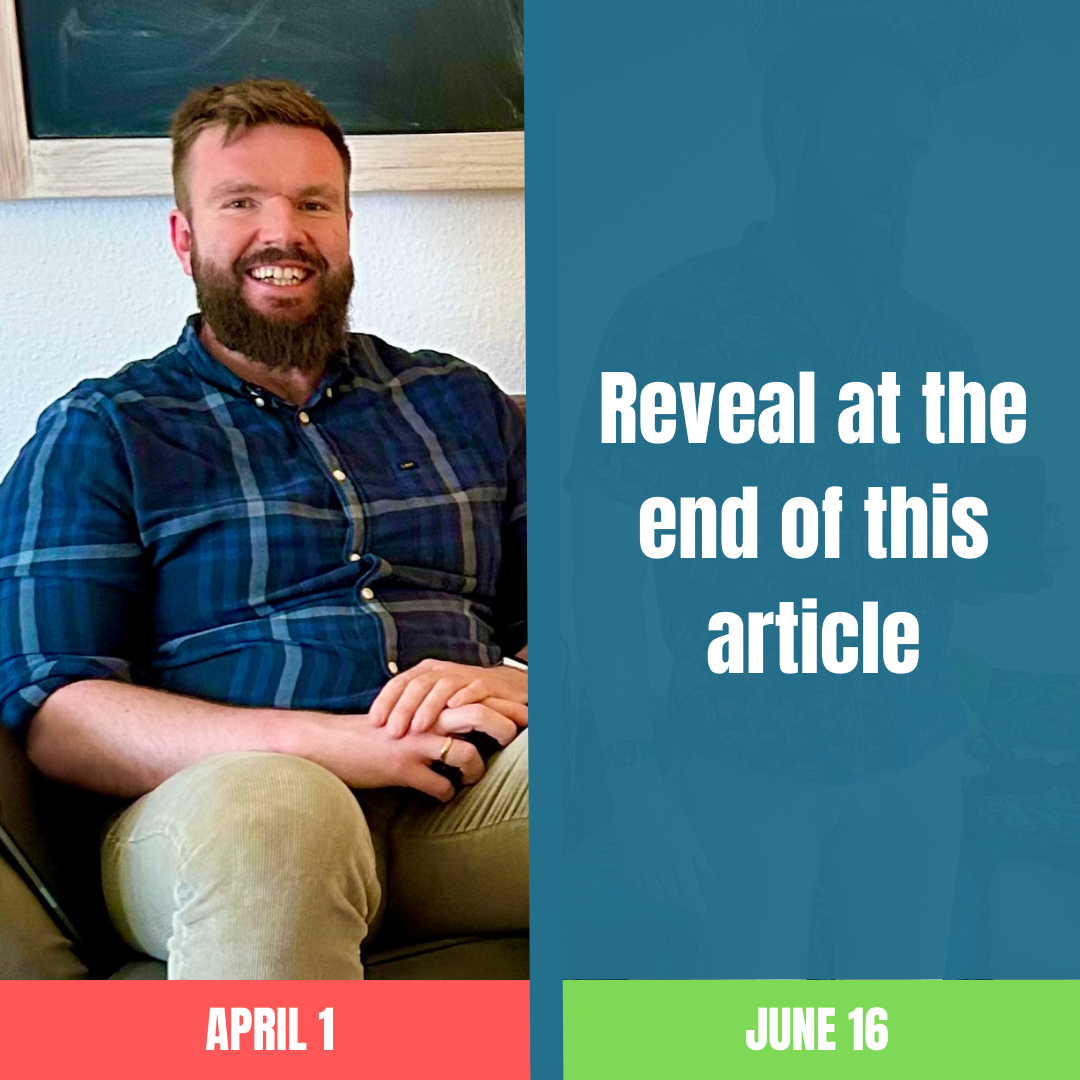
So, I considered how to lose fat again without endangering my muscle building from winter. The solution would theoretically be to combine exercise and calorie deficit again, but that was precisely the starting point I wanted to escape from.
The experiment: might my nutrition be too one-sided?
However, this time I had an inspiration. A thesis. What if it's not the combination of a calorie deficit and strength training that's the cause of my stagnating, but the quality of my diet? What if I lack micronutrients, and that's precisely why I always fell into this strange, almost predictable depressive hole after particularly intense phases?
It's not that I eat poorly per se, but rather one-sidedly. For example, I always eat quark (cottage cheese) with oatmeal, berries, and nuts for lunch. That's healthy but also one-sided.
I decided to experiment to finally explain this once and for all and share the findings with you here. I didn't want to go to the doctor to identify a micronutrient deficiency because the doctors in my city were very busy. Even with real illnesses, you already feel wrong about burdening them even more. Seriously, once a nurse almost cried when I asked for an appointment.
So, I decided to take supplements with a generally good reputation. I'm sceptical of such remedies, but for at least a quarter, I decided to take:
- A well-known supplement for athletes (see contents below)
- Additionally, magnesium
- Additionally, omega 3
- Additionally, vitamin D3/K2

The Starting Point
I gained 15kg in the fall/winter. As described above, partly intentional (muscles) and partly undesired fat. Anyway, I felt extremely uncomfortable with my body composition between January and March.

The data also indicate how much of it is muscle and how much is fat:

My lean body mass has increased from around 84kg to 94kg, meaning that only 5kg of the 15kg weight gain was body fat.
However, I don't quite believe that because my waist size has developed as follows during this time:

My waist size has climbed from 96cm to 113 cm, so I suspect that at most half of the 15kg weight gain was muscle, and the rest was fat.
The waist size is an excellent indicator because I primarily store fat in my belly. On the other hand, my legs are almost always fat-free and muscular, so I must be cautious about interpreting the values on the fat analysis scales.
The Challenge:
So, for Q2/2023, I took on the following challenge.
Already established habits:
- One hour of exercise every day, alternating between strength and endurance training
- Generating the additional activity calories by walking 15k+ steps daily.
New challenge:
- Save 70,000 kcal through calorie deficit (mathematically equivalent to about 10kg of body fat) in 3 months.
- Take the above-mentioned dietary supplements
I measured everything using a simple habit-tracking table:

The Results:
Calorie deficit:
I managed to burn about 60,000 of the 70,000 kcal in 2.5 months (tracking of activity calories (Apple Watch) minus tracking of my diet (Yazio)):

Total weight:
At first glance, it's somewhat disappointing: Did I make a mistake counting calories? My overall weight didn't drop as my calorie data suggests:

Or... my plan worked, and the fat was transformed into muscle mass. That should then show in the waist size.
Waist size:
Yes! My waist size has decreased from 113 to 105 cm:

Lean mass:
My muscle mass has at least remained stable between 93 and 95kg but has not increased by another 5-7 kg, as the waist circumference indicates. The truth will lie somewhere in the middle, and in case of doubt, I trust the tape measure more than the fat analysis of my scale.

Depression phases
I didn't have one of those strange depression phases I had before. For me, this is a clear indication that a micronutrient deficiency caused them.
That means that next, I can go into concrete analysis and try to find out which substance exactly was the problem so that I don't have to spend 100€ on supplements every month. Since I now know that there is a cause for my sports progress problems, it is also worth getting a corresponding blood test.
Conclusion:
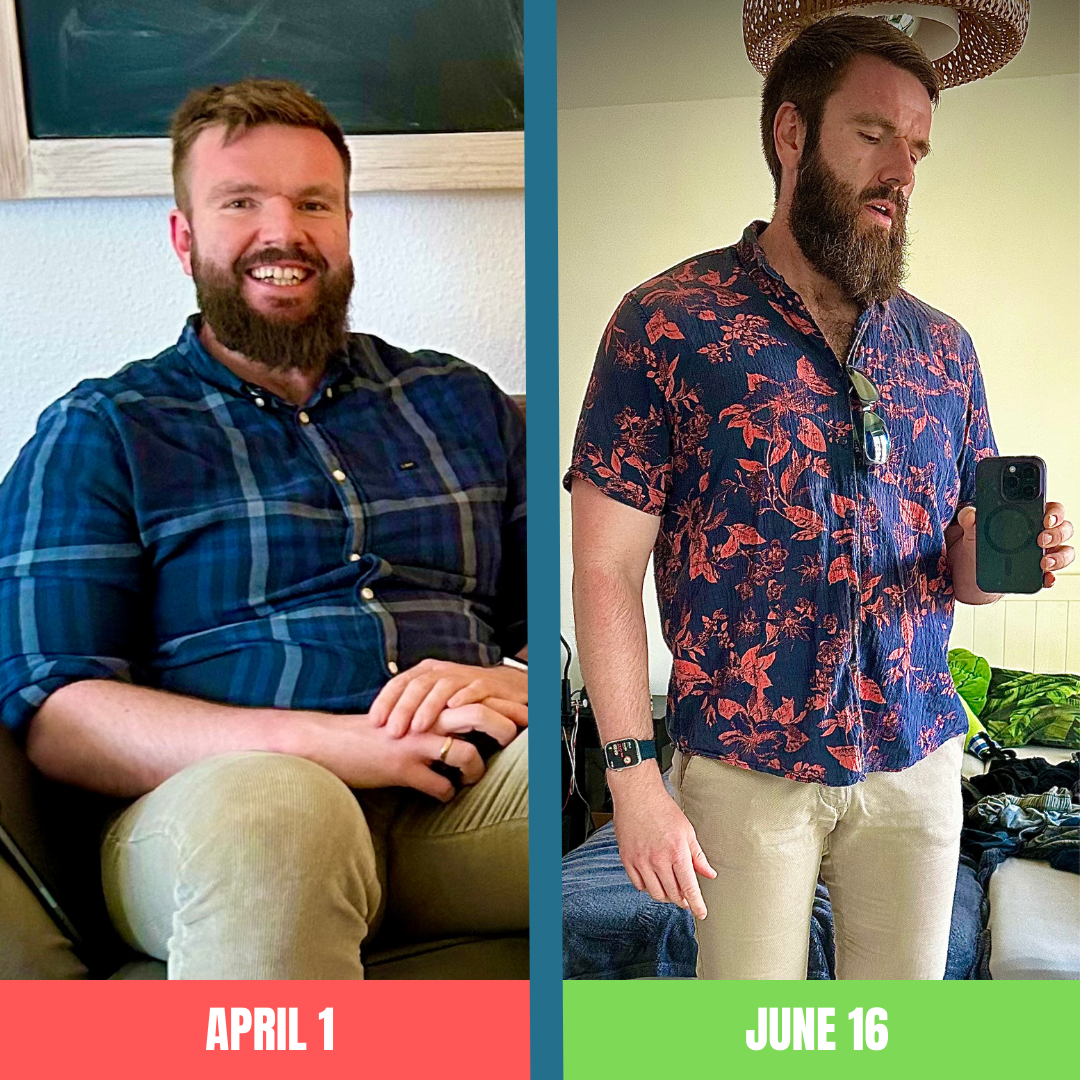
This experiment taught me that losing fat while retaining muscle mass is possible. This requires a combination of a calorie deficit and intense strength training. However, the basic prerequisite is that the food is very rich and diverse in micronutrients, which I compensated for in my case with dietary supplements. This aspect is not mentioned in many other tips on this topic.
If you also have mood swings or depressive phases after intensive training, I recommend analysing the micronutrients in your blood. I now see dietary supplements in a somewhat more positive light since they clearly helped me achieve my training goals.
In the future, I will adjust my training as follows:
- I will cleanly separate muscle gain phases and fat loss phases (e.g., in quarters).
- During the muscle gain phases, I will pay more attention to when muscle gain is too strongly complemented by fat gain. And either stop the phase before it gets too bad or reduce the calorie surplus again.
- In the following "maintenance" or "fat loss" phases, I will pay particular attention to a varied and diverse diet and, if necessary, support it with dietary supplements.
This should bring me closer to iterations of my ideal lean body composition.
Feel free to DM me to discuss your specific challenges on Twitter or LinkedIn!
Best regards,
-- Martin from Deliberate-Diligence.com
FAQ:
What does my training look like?
- Daily 8 am: one hour of exercise. Alternative endurance sports and weight lifting.
- Since the weather was so nice, I often deviated from this and always did some weightlifting in the morning and then went for another 60-90 minutes of cycling, 20 minutes of rowing or 45 minutes of running in the evening.
- My weight training is split into Shoulder/Chest, Upper Back/Arms, and Lower Back/Legs. I alternate it in a round-robin sequence.
How do I manage to get 15k steps in addition to the workouts?
- I use every single work call that doesn't need to be at the table to take it outside while walking.
What does my nutrition look like?
- Morning: None / Only Pre-Workout Drink
- Lunch: Quark (cottage cheese) with oatmeal, berries, and nuts
- Dinner: Whatever I have an appetite for. I have to be careful not to eat too much because it worsens my sleep quality.


